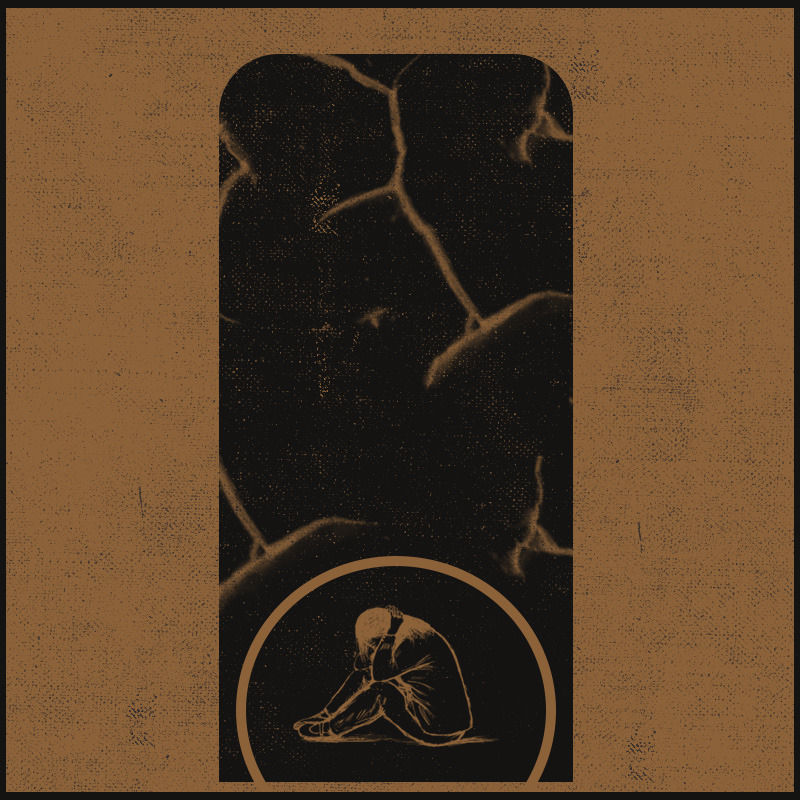Depression is an insidious malady, and although due recognition is given to its effects, the forms in which it manifests are quite different. Even with World Suicide Prevention Day being observed on the 10th of September every year, the work done by those studying and helping others through the disease is around-the-clock and often unrecognized.
If you’re friends with a person who suffers from depression, you’re one of those helping.
But if you don’t know anyone who is, and you seem to not be able to recall anyone whocould be depressed, think again. Maybe the next time you offer a stray compliment, you’d be saving someone’s life.
When I was in the eighth standard, I remember distinctly that I had a picture of a dead mouse in a bell jar, in my science textbook. If you read the small-sized, closely spaced text near it, it would tell you that putting a mouse in a bell jar with limited oxygen would prove that animals needed oxygen to live. When the oxygen ran out, the mouse died. It was an experiment.
That summer, I read The Bell Jar by Sylvia Plath.
High-functioning depression is when a person appears to have it all together on the outside, while struggling with depression internally. This could mean that they have great grades, have a group of friends, show involvement with the community and, in short, are nothing like the black and white stockphoto images you get of people with their heads in their hands and with tear-streaked faces, when you Google “depression”. They’re in no obvious need of help, and even if they’ve been treated before, they’re largely considered “normal again”.
Sylvia Plath, in the last one year of her life, wrote many of her poems that would later become the cornerstones of her career. She finished The Bell Jar shortly before her death, and although she had clearly reached out for help to her GP, her suicide has been called an unanswered cry for help.
Plath may not qualify as a high-functioning depressed person, but if the metric you used to ascertain depression was achievement, then she was by no means depressed.
When I read The Bell Jar for the first time, I often had to rub my hands over the words of the books to feel like I’d absorbed their meaning. I would stare at the same sentence for hours together, a play unfurling in my head where Plath would throw herself against the sound-proof glass of her bell jar in an aggressive plea for help. She never cried though.
In the book, she wrote – “I didn’t know why I was going to cry, but I knew that if anybody spoke to me or looked at me too closely the tears would fly out of my eyes and the sobs would fly out of the throat and I’d cry for a week.”
I shut the book, and sat up straight. Since then, I’ve never let anyone look at me closely.
A competition is announced on Suicide Prevention Day – we have to write a letter to a depressed person, or to a person who’s contemplating suicide. I chew on the end of my pencil before I realize I have bits of rubber on my tongue. It’s not compulsory, but I still want to participate even if I’ve never written to a depressed person before (I’ve written to myself but I don’t think that counts – I have my grades up, I’m involved in “team activities” and I’ve stopped trying to tell someone about my “depression” ever since the last time I tried, my friend thought I was playing a prank on her”). I try to picture what I would say to a person sitting hunched at the corner of a corridor, bawling and worrying about being stable enough to study for a Mid-Term. That’s what a depressed person looks like, right?
It gets better.
You’ll be fine.
You’re strong enough to get through this.
I tear the paper up. It sounds too wrong.
If you give a pen and paper to a mouse in a bell jar and ask it to write a letter to a suicidal person, it can’t. On one hand it’s because it can’t read or write (probably), and on the other it’s because its oxygen supply has run out.
I think mine did.
If I think of it as the bell jar’s fault, it makes it easier to come to terms with my actions. I had things to be grateful for, and I had as normal an amount of strife as is expected from the life of a college student. I’ve floated along the stream of mediocrity – a fact that’s never really bothered me – and I’m not extraordinary in my expectations for there to be much disappointment.
I suppose, then, that I’m just sad. It’s all the bell jar’s fault. I’ve tried pushing it and breaking the glass and overturning it so that I can be set free, but it just hasn’t budged. I’ve tried crying into pillows and screaming into empty spaces, but that works even less. So I went about doing the things I had to do until I couldn’t anymore.
I suppose the people who seem like they don’t need letters written to them are actually the ones who do.
And that the people who do the letter writing, sometimes need someone to write to them.



